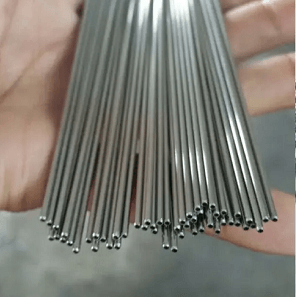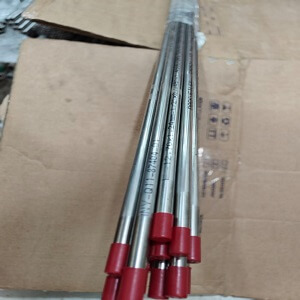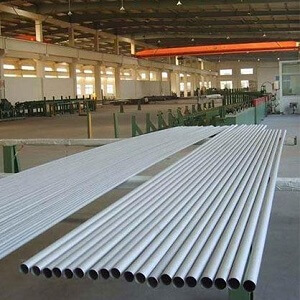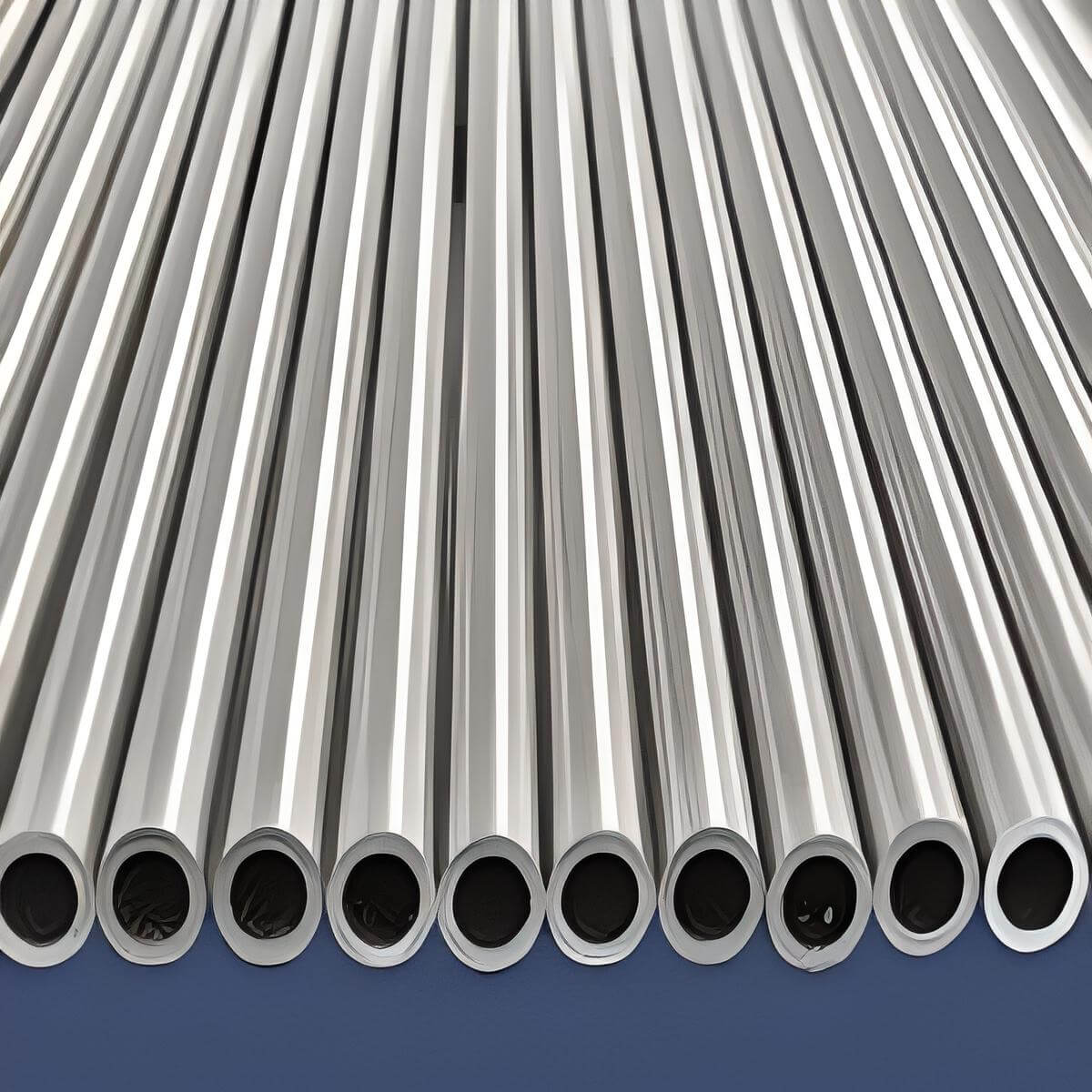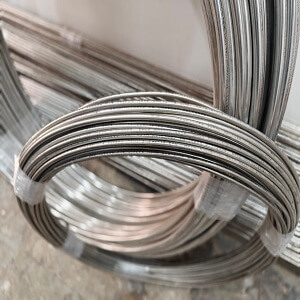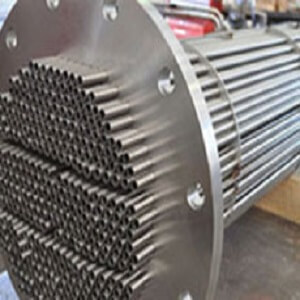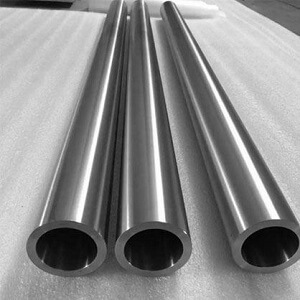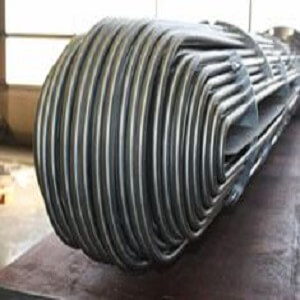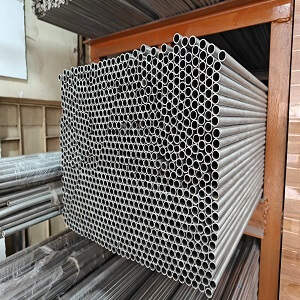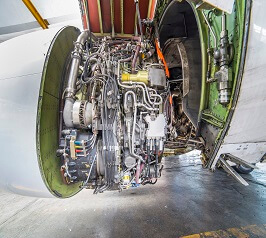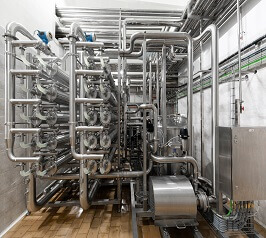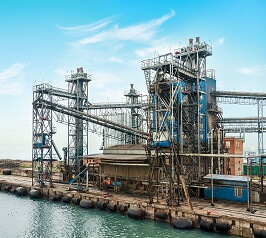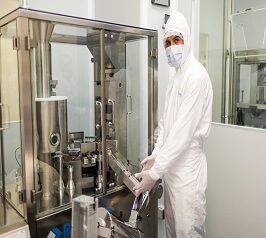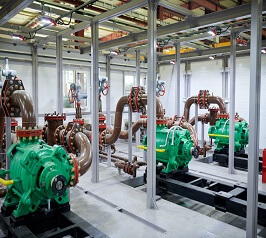Stainless steel capillary tubes, also known as precision tubes, are highly regarded in the industry for their qualities and exceptional accuracy and performance. Crafted from steel, these tubes offer numerous advantages across a wide range of industrial applications.
Capillary tubes are characterized by their flexible nature with diameters less than 1mm. These compact dimensions make them an ideal choice for precision driven applications. They exhibit resistance to hazards, corrosion and high pressure. This durability is a result of the strength and longevity of steel, a material widely recognized for its robustness.
These versatile tubes find application across industries. In the field for instance stainless steel capillary tubes are components in a diverse array of uses such as infusion sets, intravenous needle cannulas and endoscopes. They also play a role in the aviation industry, where they are extensively utilized in hydraulic control systems of aircraft.
Notably stainless steel capillary tubes can be easily sterilized, making them highly suitable, for environments or applications. Additionally, their inert property poses no risk of contamination in situations which further enhances their appeal within the pharmaceutical sector. The production process for stainless steel capillary tubes is complex. Requires machinery and strict quality controls to ensure consistency and dependability. Typically, these tubes are made through drawing or cold rolling techniques, which allow for the creation of tubes with tolerances.
One significant advantage of stainless steel tubes is their recyclability. They are 100% recyclable, which reduces their impact on the environment and aligns with sustainability objectives. The versatility, durability, accuracy and sterilization capabilities of stainless steel capillary tubes make them essential in industries. The manufacturing process and recyclability of these tubes exemplify the industry's commitment to precision and sustainability. They serve as an example of how technology merges with material science to enhance efficiency across fields.



